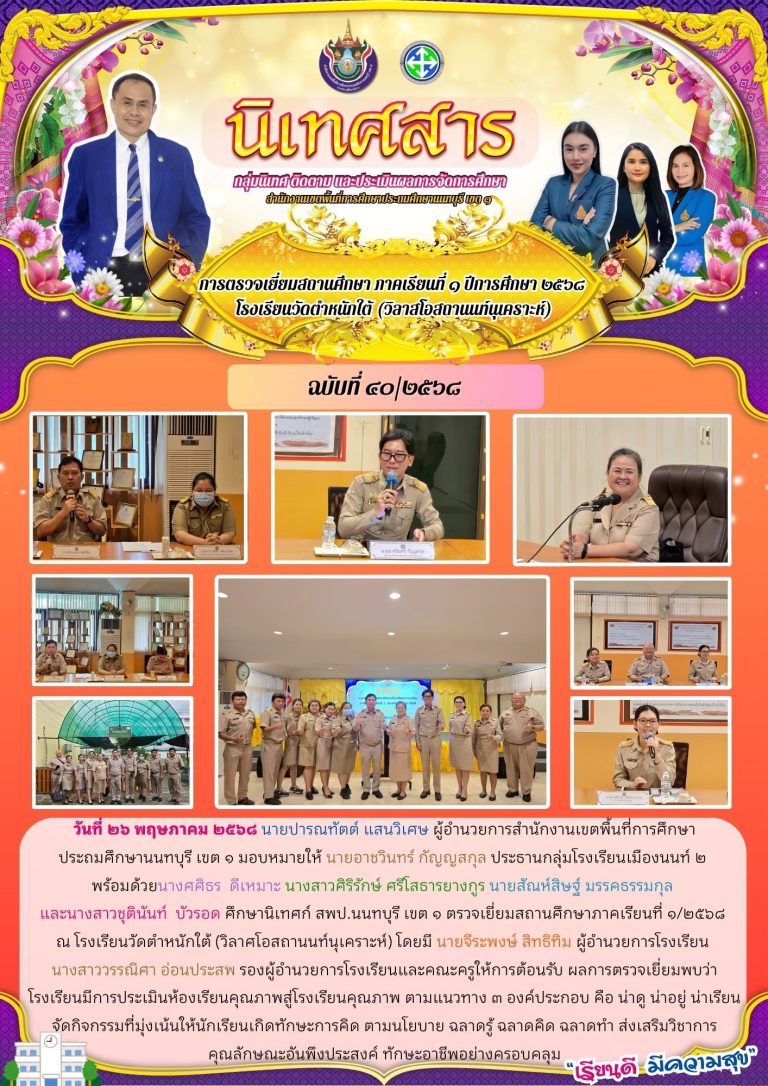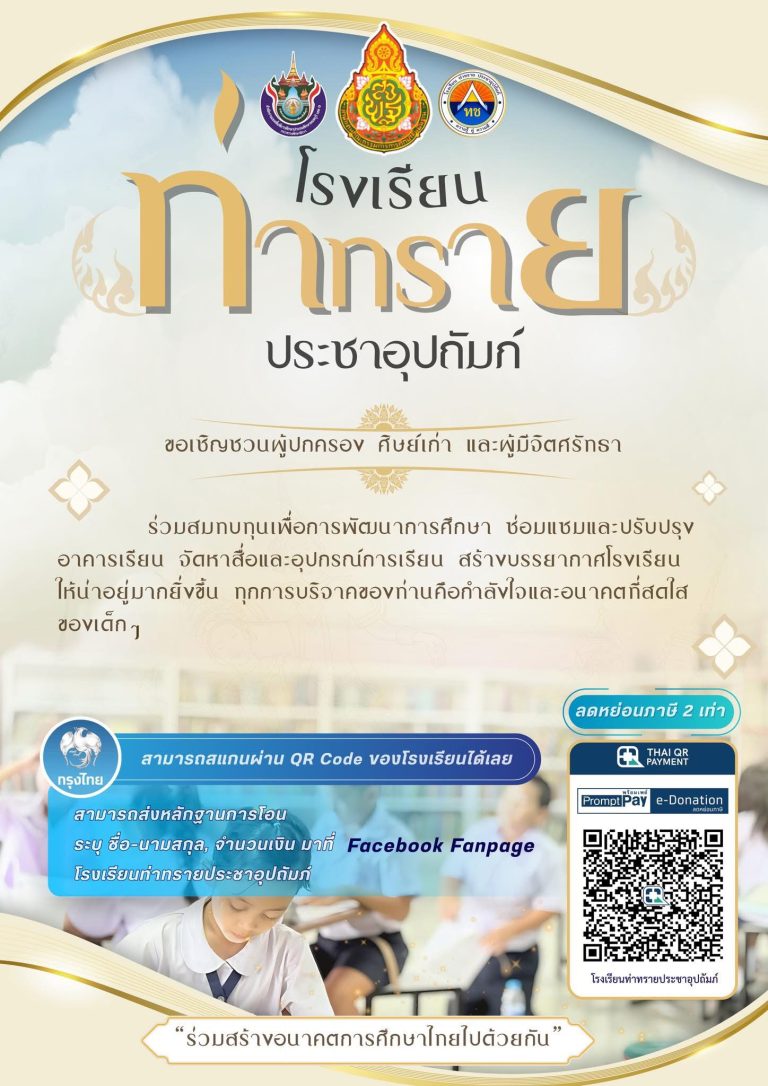Songs have been woven into the fabric of human culture since time immemorial, serving as powerful vessels of memory, emotion, and identity. From primitive chants in ancient rituals to contemporary anthems that unite nations, music transcends language and borders, echoing the enduring human desire to connect, remember, and celebrate. Exploring the relationship between myth and modernity through musical narratives reveals how these timeless art forms continue to shape our collective consciousness and individual self-understanding.
Contents
- Songs as Cultural Memory: Preserving and Transmitting Values
- Myth and Music: The Symbolism of Songs in Ancient Narratives
- The Power of Song in Shaping Identity and Victory
- The Myth of Orpheus and the Modern Revival of Musical Legends
- The Non-Obvious Dimensions of Songs: Emotional Resonance and Transcendence
- Symbolism Beyond Words: Architectural and Artistic Echoes of Musical Power
- The Enduring Legacy: Why Songs Continue to Resonate Across Time
- Conclusion: Embracing the Eternal Echoes of Song in Our Lives
Songs as Cultural Memory: Preserving and Transmitting Values
Throughout history, songs have served as mnemonic devices that encode and transmit cultural values, histories, and rituals. In ancient societies such as Greece, Egypt, and Mesopotamia, songs played vital roles in religious ceremonies, festivals, and communal storytelling. These musical pieces were often passed down orally, ensuring the continuity of cultural identity despite political upheavals or societal changes.
For example, Greek hymns dedicated to gods like Apollo or Demeter functioned not only as acts of devotion but also as carriers of mythic narratives that reinforced societal norms and divine authority. Similarly, indigenous folk songs in Africa or Native American chants preserve ancestral histories and spiritual beliefs, acting as living museums of collective memory.
Today, modern songs continue this tradition by embedding cultural symbols and stories into popular music genres, from protest anthems to national anthems, maintaining their role as vessels of shared history and identity. These musical expressions foster a sense of continuity, linking past and present in a dynamic cultural dialogue.
Myth and Music: The Symbolism of Songs in Ancient Narratives
Music in mythology often embodies symbolic power, acting as a conduit between divine and mortal realms. In Greek mythology, gods and heroes frequently wielded musical instruments as symbols of authority, wisdom, or divine favor. The lyre of Apollo, for instance, represents harmony and order, while the siren songs symbolize temptation and peril.
Case Study: Orpheus—the Archetype of the Mythic Musician
Orpheus, the legendary Greek musician, embodies the mythic power of music to influence the natural world and alter fate. His ability to charm gods, animals, and even inanimate objects with his lyre underscores music’s symbolic role as a force capable of transcending mortal limitations. The myth of Orpheus attempting to rescue Eurydice from the underworld illustrates the belief in music’s capacity to bridge life and death—a theme echoed across cultures and eras.
Modern storytelling continues to draw on these mythic motifs, portraying musicians as heroes or spiritual guides, emphasizing music’s transformative potential. The story of Orpheus, for example, influences contemporary narratives about artists seeking authenticity or attempting to reconnect with lost ideals.
The Power of Song in Shaping Identity and Victory
| Symbol | Historical Significance | Modern Reflection |
|---|---|---|
| Laurel Wreath | Ancient Greece awarded laurels to victors in athletic, poetic, and martial competitions, symbolizing achievement and immortality. | Songs that celebrate victory or personal triumph serve as modern equivalents, fostering collective pride and individual recognition. |
| Anthem | National anthems evoke unity and identity, often performed with patriotic fervor, linking music to societal cohesion. | Contemporary songs or chants during sports events or protests reinforce shared identity and collective victory. |
Music’s connection to victory and societal recognition underscores its role in shaping collective identity. Whether through ancient rituals or modern celebrations, songs act as symbols of achievement, fostering a sense of belonging and shared purpose.
The Myth of Orpheus and the Modern Revival of Musical Legends
The myth of Orpheus is a quintessential example of how ancient stories about music’s transformative power continue to inspire contemporary culture. Orpheus’s tale—struggling to bring Eurydice back from the underworld—embodies the aspirational belief that music can transcend death and despair. This myth exemplifies the enduring idea that artists and musicians hold a special, almost mystical, influence over reality.
In recent years, we observe a «Rise of Orpheus» phenomenon, where modern musicians and artists embody mythic ideals—pursuing authenticity, creative transcendence, and societal impact. This movement highlights how ancient archetypes still resonate, inspiring new generations to see music as a catalyst for personal and cultural metamorphosis. For example, innovative performers who blend storytelling with performance art evoke the mythic spirit of Orpheus, reaffirming music’s timeless significance. You can explore how this modern revival manifests in various artistic domains by visiting share.
The Non-Obvious Dimensions of Songs: Emotional Resonance and Transcendence
Beyond their structural elements, songs evoke profound emotional and spiritual responses. Scientific studies have shown that music activates neural pathways associated with reward, memory, and emotion, often triggering feelings of nostalgia, hope, or transcendence. For instance, a melody can transport a listener to a specific moment in their past, creating a bridge between memory and eternity.
Mythic archetypes—such as the hero, the muse, or the trickster—permeate modern songwriting and performance, providing deeper layers of meaning. These archetypes serve as symbols that resonate universally, allowing listeners to connect with music on a spiritual level. Music’s capacity to act as a bridge between life and death, memory and eternity, highlights its role as a transcendent force that elevates human experience beyond the physical realm.
Symbolism Beyond Words: Architectural and Artistic Echoes of Musical Power
Architectural structures such as Greek temples and ruins stand as silent witnesses to a civilization’s grandeur and their musical traditions. The majestic columns and intricate friezes symbolize not only aesthetic achievement but also the harmony and order that music embodies. These structures often served as venues for musical and theatrical performances, embedding sound into the very fabric of space.
Visual arts have long depicted mythic musicians—like Orpheus or Apollo—reinforcing their symbolic significance. From Renaissance paintings to contemporary installations, artists explore themes of victory, transcendence, and divine inspiration rooted in musical mythologies. Modern architecture continues this legacy, drawing on mythic motifs to evoke feelings of immortality and societal achievement, as seen in iconic monuments and cultural centers.
The Enduring Legacy: Why Songs Continue to Resonate Across Time
The universality of musical storytelling and mythic narratives ensures their relevance across generations. Modern adaptations—such as movies, musicals, and popular music—reinterpret ancient themes, keeping them alive in contemporary culture. For example, films like Hercules or Orpheus adaptations demonstrate how mythic stories are continually reshaped to reflect current societal values.
Furthermore, mythic songs influence our collective identity and societal values by fostering shared stories of victory, resilience, and transcendence. This ongoing dialogue between past and present underscores music’s role as a living, evolving expression of human experience.
Conclusion: Embracing the Eternal Echoes of Song in Our Lives
From ancient myths to modern compositions, songs possess a transformative power that shapes individual and collective identities. They serve as echoes of our history, carriers of our deepest emotions, and symbols of our aspirations for immortality. Understanding the roots and symbolism of music enriches our appreciation and encourages us to engage more actively with musical storytelling.
“Music is the timeless language of myth and memory, connecting us across generations and transcending the boundaries of mortality.” — Anonymous
By recognizing the deep-rooted cultural and symbolic significance of songs, we can better appreciate their role in shaping our history and self-identity. Active engagement with musical stories—whether through listening, performing, or studying—serves as a vital link to our shared human heritage and the timeless echoes that continue to inspire us.
![]()









